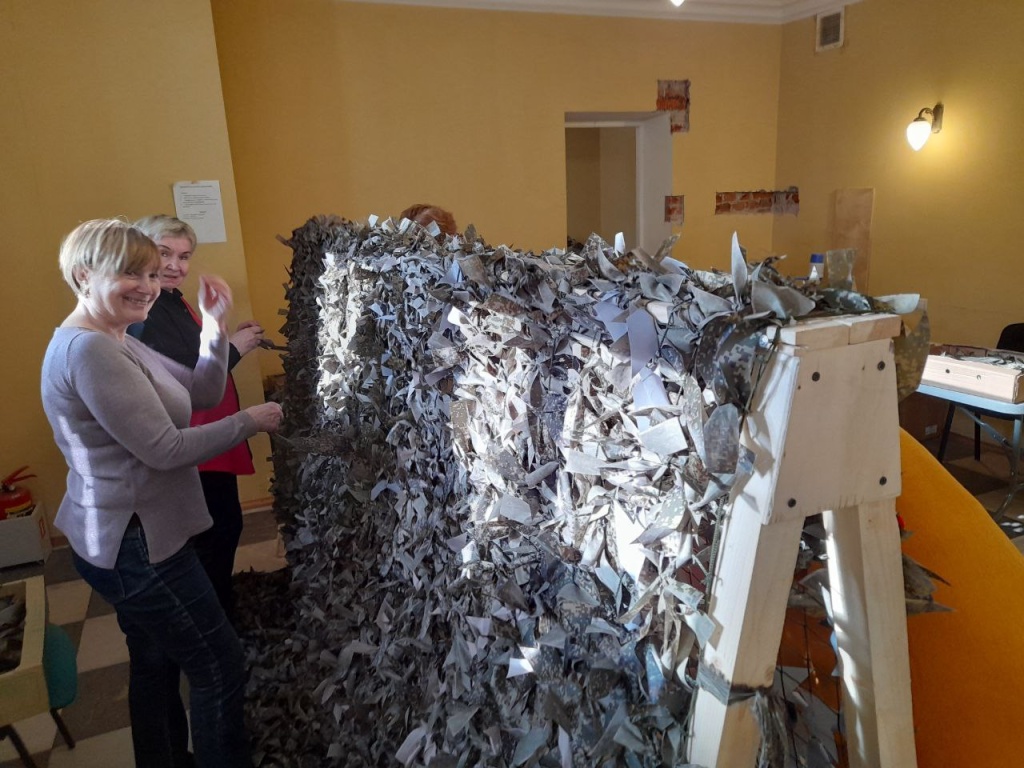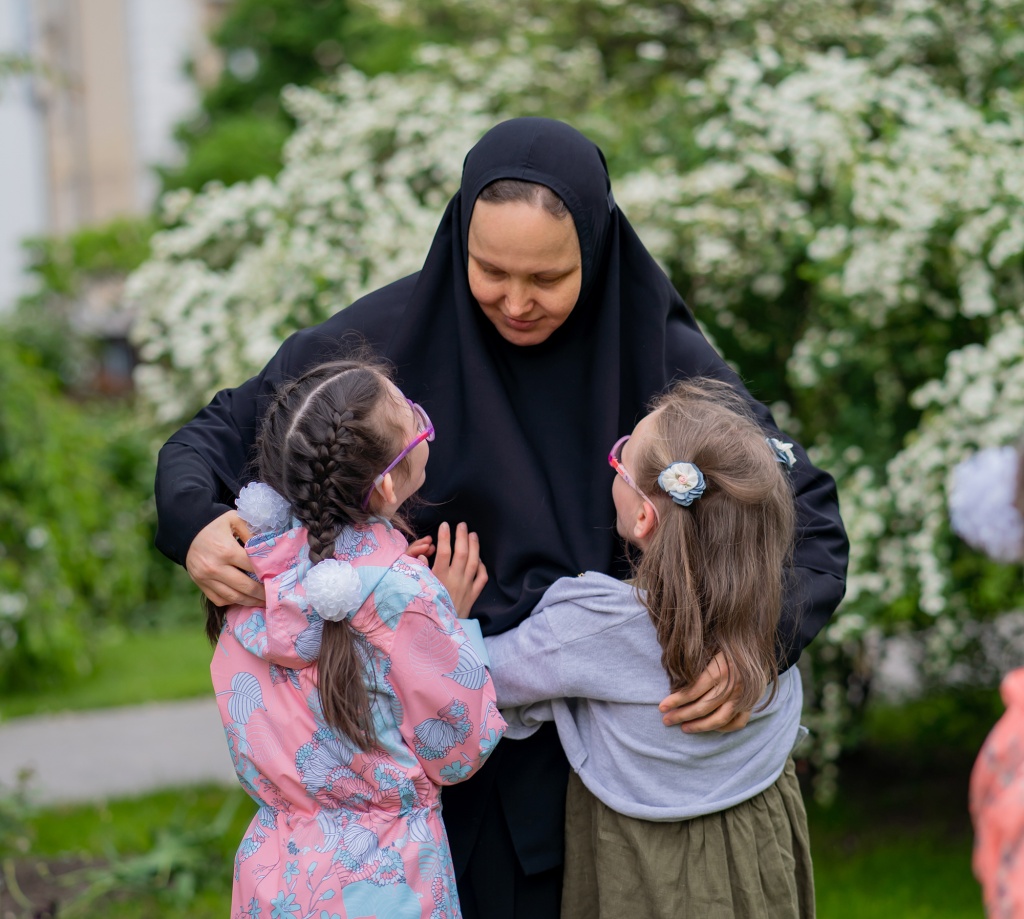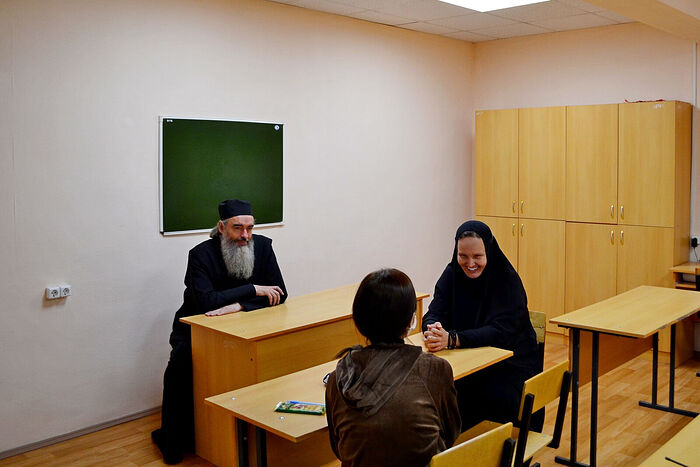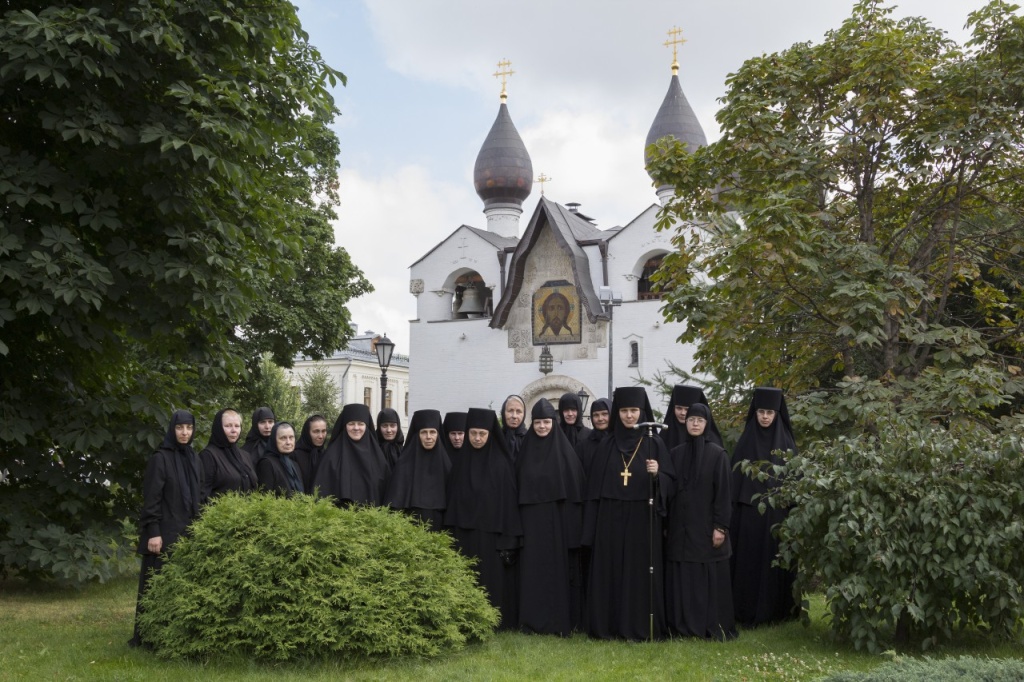- ╨£╨░╤╤╨╛-╨£╨░╤╨╕╨╕╨╜╤╨║╨░╤ ╨╛╨▒╨╕╤é╨╡╨╗╤î ╨╝╨╕╨╗╨╛╤╨╡╤╨┤╨╕╤
- ╨ا╤╨╡╨┐╨╛╨┤╨╛╨▒╨╜╨╛╨╝╤â╤ç╨╡╨╜╨╕╤╨░ ╨ـ╨╗╨╕╤╨░╨▓╨╡╤é╨░
- ╨ء╤╤é╨╛╤╨╕╤ ╨ئ╨▒╨╕╤é╨╡╨╗╨╕
- ╨ح╤╨░╨╝╤ï
- ╨ة╨▓╤╤é╤ï╨╜╨╕
- ╨ة╨╛╨▒╨╛╤ ╨£╨░╤╤╨╛-╨£╨░╤╨╕╨╕╨╜╤╨║╨╕╤à ╤╨▓╤╤é╤ï╤à
- ╨ا╤╨░╨╖╨┤╨╜╨╕╨║╨╕ ╨ئ╨▒╨╕╤é╨╡╨╗╨╕
- ╨ء╨│╤â╨╝╨╡╨╜╨╕╤ ╨╕ ╤╨╡╤╤é╤╤ï ╨╝╨╛╨╜╨░╤╤é╤ï╤╤
- ╨¤╤â╤à╨╛╨▓╨╡╨╜╤╤é╨▓╨╛ ╨ئ╨▒╨╕╤é╨╡╨╗╨╕
- ╨ا╨╛╨┤╨▓╨╛╤╤î╨╡ ╨▓ ╤╨╡╨╗╨╡ ╨أ╨░╨╝╨╡╨╜╨║╨╕
- ╨ا╨╛╨┤╨▓╨╛╤╤î╨╡ ╨▓ ╨┤╨╡╤╨╡╨▓╨╜╨╡ ╨ْ╨╗╨░╨┤╤ï╤ç╨╜╤
- ╨ا╨░╨╗╨╛╨╝╨╜╨╕╨║╨░╨╝
- ╨ب╨░╤╨┐╨╕╤╨░╨╜╨╕╨╡ ╨▒╨╛╨│╨╛╤╨╗╤â╨╢╨╡╨╜╨╕╨╣
- ╨ا╤╨╡╨┤╤╤é╨╛╤╤é╨╡╨╗╤î
- ╨ْ╨╡╨╗╨╕╨║╨░╤ ╨║╨╜╤╨│╨╕╨╜╤ ╨ـ╨╗╨╕╨╖╨░╨▓╨╡╤é╨░ ╨ج╨╡╨╛╨┤╨╛╤╨╛╨▓╨╜╨░
- ╨ئ ╨╝╨╛╨╜╨░╤ê╨╡╤╤é╨▓╨╡
- ╨ù╨░╨║╨░╨╖ ╨┐╨╛╨╝╨╕╨╜╨╛╨▓╨╡╨╜╨╕╨╣ ╨▓ ╨ئ╨▒╨╕╤é╨╡╨╗╨╕
- ╨ù╨░╨║╨░╨╖ ╨┐╨╛╨╝╨╕╨╜╨╛╨▓╨╡╨╜╨╕╨╣ ╨▓ ╨ة╨║╨╕╤é╤â ╨ئ╨▒╨╕╤é╨╡╨╗╨╕
- ╨ù╨░╨┤╨░╤é╤î ╨▓╨╛╨┐╤╨╛╤ ╤╨▓╤╤ë╨╡╨╜╨╜╨╕╨║╤â
- ╨ا╤╨╛╨┐╨╛╨▓╨╡╨┤╨╕ ╨╕ ╨▒╨╡╤╨╡╨┤╤ï
- ╨ة╨╛╤╨╕╨░╨╗╤î╨╜╨╛╨╡ ╤╨╗╤â╨╢╨╡╨╜╨╕╨╡
- ╨£╤ï ╨╕ ╨╜╨░╤ê╨░ ╨╝╨╕╤╤╨╕╤
- ╨ة╨╛╤╨╕╨░╨╗╤î╨╜╤ï╨╡ ╨┐╤╨╛╨╡╨║╤é╤ï
- ╨ث╤à╨╛╨┤ ╨╖╨░ ╤é╤╨╢╨╡╨╗╨╛╨▒╨╛╨╗╤î╨╜╤ï╨╝╨╕
- ╨خ╨╡╨╜╤é╤ ╤╨╡╨╝╨╡╨╣╨╜╨╛╨│╨╛ ╤â╤╤é╤╨╛╨╣╤╤é╨▓╨░ ╨┤╨╡╤é╨╡╨╣-╤╨╕╤╨╛╤é ╨╕ ╨┤╨╡╤é╨╡╨╣, ╨╛╤╤é╨░╨▓╤ê╨╕╤à╤╤ ╨▒╨╡╨╖ ╨┐╨╛╨┐╨╡╤ç╨╡╨╜╨╕╤ ╤╨╛╨┤╨╕╤é╨╡╨╗╨╡╨╣
- ╨خ╨╡╨╜╤é╤ ╤╨╡╨░╨▒╨╕╨╗╨╕╤é╨░╤╨╕╨╕ ╨┤╨╡╤é╨╡╨╣ ╤ ╨¤╨خ╨ا
- ╨¤╨╡╤é╤╨║╨░╤ ╨▓╤ï╨╡╨╖╨┤╨╜╨░╤ ╨┐╨░╨╗╨╗╨╕╨░╤é╨╕╨▓╨╜╨░╤ ╤╨╗╤â╨╢╨▒╨░
- ╨ب╨░╨╖╨▓╨╕╨▓╨░╤╤ë╨╕╨╣ ╤╨╡╨╜╤é╤ ╨┤╨╗╤ ╨┤╨╡╤é╨╡╨╣ ╤ ╨¤╨خ╨ا
- ╨ـ╨╗╨╕╨╖╨░╨▓╨╡╤é╨╕╨╜╤╨║╨╕╨╣ ╨┤╨╡╤é╤╨║╨╕╨╣ ╨┤╨╛╨╝
- ╨ة╨╗╤â╨╢╨▒╨░ ╨┤╨╛╨▒╤╨╛╨▓╨╛╨╗╤î╤╨╡╨▓
- ╨ة╨╗╤â╨╢╨▒╨░ ╨┐╨╛╨╝╨╛╤ë╨╕ ╨╜╤â╨╢╨┤╨░╤╤ë╨╕╨╝╤╤ ┬س╨ب╨░╨▒╨╛╤é╨░ ╤╨╛ ╤╨╗╤â╤ç╨░╨╡╨╝┬╗
- ╨ب╨╡╤╤â╤╤╨╜╤ï╨╣ ╤╨╡╨╜╤é╤
- ╨ا╨░╤é╤╨╛╨╜╨░╨╢╨╜╨░╤ ╤╨╗╤â╨╢╨▒╨░
- ╨أ╨░╨║ ╨┐╨╛╨╝╨╛╤ç╤î ╨ئ╨▒╨╕╤é╨╡╨╗╨╕
- ╨ب╨╡╨│╤â╨╗╤╤╨╜╨░╤ ╨┐╨╛╨╝╨╛╤ë╤î
- ╨ّ╨╗╨░╨│╨╛╨┤╨░╤╨╜╨╛╤╤é╨╕
- ╨ئ╤é╤ç╤ّ╤é╤ï ╤╨╛╤╨╕╨░╨╗╤î╨╜╤ï╤à ╨┐╤╨╛╨╡╨║╤é╨╛╨▓
- ╨ا╨╛╨┤╨┐╨╕╤╨░╤é╤î╤╤ ╨╜╨░ ╨╜╨╛╨▓╨╛╤╤é╨╕
- ╨¤╨╛╨╝-╨╝╤â╨╖╨╡╨╣ ╨ْ╨╡╨╗╨╕╨║╨╛╨╣ ╨║╨╜╤╨│╨╕╨╜╨╕ ╨ـ╨╗╨╕╨╖╨░╨▓╨╡╤é╤ï ╨ج╨╡╨╛╨┤╨╛╤╨╛╨▓╨╜╤ï
- ╨╨╜╨╛╨╜╤╤ï ╨╝╨╡╤╨╛╨┐╤╨╕╤╤é╨╕╨╣
- ╨ئ╨▒╤â╤ç╨╡╨╜╨╕╨╡
- ╨ّ╨╕╨▒╨╗╨╕╨╛╤é╨╡╨║╨░
- ╨╤╤╨╛╤╨╕╨░╤╨╕╤ ╤╨╡╤╤é╤╨╕╤ç╨╡╤╤é╨▓
- ╨¤╨╛╨▒╤╨╛╨▓╨╛╨╗╤î╤╤ï
- ╨ْ╨░╨║╨░╨╜╤╨╕╨╕
- ╨¤╨╛╨║╤â╨╝╨╡╨╜╤é╤ï
- ╨أ╨╛╨╜╤é╨░╨║╤é╤ï
- ╨ô╤╤â╨┐╨┐╨░ ╨┐╨╛ ╤╨░╨▒╨╛╤é╨╡ ╤ ╨┐╤╨╛╤╨╕╤é╨╡╨╗╤╨╝╨╕
- ╨ة╨┐╤╨░╨▓╨╛╤ç╨╜╨░╤ ╤é╨╡╨╗╨╡╤╨╛╨╜╨╜╨░╤ ╤╨╗╤â╨╢╨▒╨░ ╨┐╨╛╨╝╨╛╤ë╨╕ ┬س╨£╨╕╨╗╨╛╤╨╡╤╨┤╨╕╨╡┬╗
- ╨ـ╨╗╨╕╨╖╨░╨▓╨╡╤é╨╕╨╜╤╨║╨╕╨╣ ╨┤╨╡╤é╤╨║╨╕╨╣ ╨┤╨╛╨╝
- ╨خ╨╡╨╜╤é╤ ╤╨╡╨╝╨╡╨╣╨╜╨╛╨│╨╛ ╤â╤╤é╤╨╛╨╣╤╤é╨▓╨░
- ╨ـ╨╗╨╕╨╖╨░╨▓╨╡╤é╨╕╨╜╤╨║╨╕╨╣ ╤╨░╨┤
- ╨£╨╡╨┤╨╕╤╨╕╨╜╤╨║╨╕╨╣ ╤╨╡╨╜╤é╤ "╨£╨╕╨╗╨╛╤╨╡╤╨┤╨╕╨╡"
- ╨ة╨╗╤â╨╢╨▒╨░ ╨┤╨╛╨▒╤╨╛╨▓╨╛╨╗╤î╤╨╡╨▓
- ╨ـ╨╗╨╕╨╖╨░╨▓╨╡╤é╨╕╨╜╤╨║╨░╤ ╨│╨╕╨╝╨╜╨░╨╖╨╕╤
- ╨¤╤╤â╨│╨╕╨╡ ╨║╨╛╨╜╤é╨░╨║╤é╤ï
The Russian idea is to help those who are close to us
On the day of commemoration of the Holy Martyr Grand Duchess Elizabeth Feodorovna, the Mother Superior of the Saints Martha and Mary Convent of Mercy, the abbess Elizabeth (Pozdnyakova), talks about the current life of the Convent and its mission in relation to the outside world.
If someone feels bad, we need to help
ظ¤ The Saints Martha and Mary Convent of Mercy is located in the very centre of Moscow, and many people come here for help, to the House-Museum of Grand Duchess Elizabeth Feodorovna, to the churches. How do you define the mission of the Convent in relation to the outside world, to the people who come here??
ظ¤ There is a traditional understanding of the mission of a monastery, and, of course, it does not involve external activity. It can be initiated by the monastery, it can be managed by it, but external activity should not penetrate inside the monastic life. Monastic life unites people who have left worldly things, and its centre is prayer, work and aspiration to Christ. Our convent, although called the Convent of mercy, is built on the same model. There is a monastic community in the core, the sisters have a monastic way of life and obedience, which are not connected with the social activities of the Convent. And all the external activities of it are carried out by lay people, believers, and professionals in one field or another. Social activities are directed by the convent, but do not merge with the monastic life.
Of course, the nuns take care of the elderly infirm sisters. Also, people often come to the Convent to ask for food. If they make this request to one of the nuns, we either refer that person to the service which helps the needy "Work with A Case", where they are given food, or we take it out in lunchboxes. So, on the one hand, there is a clear division, but on the other hand, if someone asks sisters for help, they will do it.

The abbess Elizabeth (Pozdnyakova)
As an abbess, I have to get involved in social ministry, too, but every project has its own leader, and my involvement is limited. Therefore, my life is not fundamentally different from that of the sisters. I have the same daily routine as they do, but my duties also include the management of the social activities of the Convent.
ظ¤ What areas of assistance are in place today and what new areas have recently emerged? Which of them do you consider the most important?
ظ¤ At present, the Saints Martha and Mary Convent of Mercy has 8 projects to help people, they help children with cerebral palsy and other incurable diseases, orphans, crisis families, lonely elderly people and all those who are in trouble and lack resources[1].
These are difficult times: some people lack money for food, some cannot pay for medicine, some have other difficult situations. That is why I consider our service "Work with A Case", which helps people in difficult circumstances, to be the most important project.
Over the last 2 years, the number of requests to this service has significantly increased. At present, there are up to 90 calls a day, whereas in the past 30-40 people asked for support every day. Now it is very important to help people who find themselves in a difficult situation, so that they do not feel abandoned and know that there is a place where they can come for help.
The second important direction is to help another vulnerable group of people: grandparents who cannot take care of themselves and require care. Today we receive a lot of requests to our patronage service, as not everyone is able to pay for the services of a caregiver.

Weaving masking nets at the Saints Martha and Mary Convent of Mercy
I consider it extremely important now to help our soldiers and people who are in the war zone, who are left without shelter and necessary means for life. That is why today we are engaged in weaving masking nets to save the lives of soldiers and civilians, sewing hospital towels and collecting funds to help the injured, collecting necessary medical supplies for hospitals in Donbass.
It is not only the help by itself that is important in the field. It is important to give people who are worried about everything that is happening, donate funds or come every day to weave nets or sew towels, this opportunity to help. It is their urgent need, the need of their hearts. They want to give part of their forces, their souls to help our soldiers, so that they do not feel abandoned. In order to know that in Moscow, where, thank God, no bombs are exploding, people remember them and try to support them. It is especially touching to see how our volunteers write the 90th Psalm on pieces of cloth that they weave into the net. Such a ribbon is woven into each net with hope that it will keep them alive and protect them.
ظ¤ While creating her projects for help, the Grand Duchess Elizabeth Feodorovna focused on the needs and pain in society at the beginning of the last century. What is now the determining factor in choosing the direction of help?
ظ¤ Yes, indeed, in studying the life of the Grand Duchess Elizabeth Feodorovna and the history of the Convent at the beginning of the last century, we have identified a pattern: in all endeavors, the relevance of projects was important to her. And, according to the documents, she did not regret when they had to be closed due to the loss of relevance.
It seems to be right. We should be attentive, follow what is going on around us, and respond to urgent problems, to people's pain. We should not be rigid and continue some projects just because they were once created and invested in.

The abbess Elizabeth (Pozdnyakova) in the yard of the monastery
In modern society it is common to scold the state for not giving us something, not doing something. But the state is a huge machine that cannot respond quickly to every human need and pain. And helping those in need has always been the prerogative of ordinary people and private charity. It is a manifestation of kindness, humanity. It never occurred to anyone to complain to the Tsar and wait for his help when a miserable person or orphaned children appeared somewhere in the village. The whole village took such people under its care; everyone felt it necessary to caress such a person, care for them. This is what we are doing to the best of our ability.
Let me give you an illustrative example. In the XIX century it was decided to create a sisterhood. Two princesses wrote a charter and sent it to St. Philaret. He sent it to the priest Ioann Yanyshev, his secretary, for a review. Father Ioann wrote that the idea was certainly a good one, but how much private charity and mercy should be diminished if special women should be hired to care for the needy.
In fact, the Russian idea is exactly that: we should help those around us, rather than complain and expect someone to do it for us. In the Soviet years, unfortunately, we were taught that everything should be done by the state. But this is not true. Our common task is to see the pain around us and respond to it. We should not think that if a grandmother lives in the neighboring apartment and experiences difficulties, it is none of our business. It is our business. And we should spend time on her, find out how she is, how to help her. Even if she lives in a neighboring house and we somehow learnt about her, it is our responsibility to ask her what kind of help she needs.
Now, fortunately, the situation is beginning to change, people are becoming more responsive to other people's pain. And, most importantly, our young people are becoming more responsive. This is evident from the number of volunteers who come to us. God willing, it will continue to be the same.
We need to live according to the Gospel right now
ظ¤ Mother Superior, you visit the women's pre-trial detention centre No. 6 and a church was built in the Mozhaisk colony with your help. Tell us a little about prison ministry.
ظ¤ Prison is a surprising place, in the sense that everyone knows about it, but most people live as if it does not exist. People get there and disappear from society; no one cares for them except their relatives, if they have any.
Prison is a place of sorrow. We know that in places where there is a lot of sorrow, Christ is usually present. And people go to help in hospitals, in hospices, because they feel the presence of Christ, the grace of God is there. It supports these people and they want to go there. Someone comes and draws strength from the fact they are needed, that they are not living in vain when they come and help the sick. Prison is a place to do it, although now it is a closed institution.

╨ج╨╛╤é╨╛: ╨ا╤╨╡╤╤-╤╨╗╤â╨╢╨▒╨░ ╨ث╨ج╨ة╨ء╨إ ╨ب╨╛╤╤╨╕╨╕ ╨┐╨╛ ╨│. ╨£╨╛╤╨║╨▓╨╡
In the first few days, the prisoner has nothing. Of course, the staff will give him toothpaste, a toothbrush, a towel, and that's it. And the person waits for the parcel to be brought to him, and he does not know whether it will be brought or not, because relatives abandon some of them after learning what they have done. And it is a terrible suffering and pain.
You have to go to prison to support these people. When they can talk and pour out their hearts, they feel better. Many people turn to God there. This situation is a bit like war, where, as they say, there are no atheists. In the four walls of the cell, only God can help them. They hope for defense lawyers, of course, but most don't have the money for them. So they cling on to God's help as the last straw. When we come, we talk to them about meaning of life. Because that's the most important thing for all people, it's important for them to understand why this happened to them.
A 16-year-old girl who was jailed for drug distribution once told me, "I'm glad I was jailed. Otherwise I wouldn't have stopped because it's easy money. Then I would have started taking drugs. And the fact that I'm in jail is a salvation." I was amazed at her wisdom then.
And I get a kind of help and wisdom there myself. The people there are real, they don't pretend to be. Many of them are truly repentant for what they have done. They are no longer afraid of the fact that they are in prison, it is important for them that the Lord forgives them. Wonderful priests come to pre-trial detention centres and colonies. They go there at the call of their hearts; they confess a lot and take a lot of pain on themselves, comforting these people.
Of course, a church is needed there. Now in many prisons and colonies there are churches, but somewhere they are very small. There was a church in detention centre No. 6, but it was located in one of the cells. This is not very good, because women constantly hear the clanking of metal, shouts. But a free-standing church is a place of silence, peace, it smells of incense, and a person finds himself in a completely different environment.
There was also a church in the correctional colony No. 5 in Mozhaisk, many women attended it. But it was in a state of disrepair. It was decided to dismantle it and move it to another place. Now a new church has been built, a wonderful person, an investor, has helped in the construction, but there was not enough money for everything, so now we are looking for money for the doors and an iconostasis so that we can hold a church service in the new church.

Sisters of the Saints Martha and Mary Convent of Mercy
ظ¤ The Mother Superior, there is anxiety and confusion among people now, because we are living in troubled times. What, in your opinion, is the most important thing for us Christians now, what is important to focus our efforts and attention on?
ظ¤ For Christians, the goals of life never change. The main goal of Christians is to prepare themselves, their soul to meet Christ. Therefore, the main task of Christians at all times, no matter what is going on around them, according St. Seraphim of Sarov, is to acquire the Holy Spirit. To achieve this, we need to live according to the Gospel.
When times are calm, we relax. When we face obstacles and God sends us difficulties, a person feels the shortness and fragility of life more acutely, realises that everything can end quite quickly. Therefore, you should do all good and important things right now, you should not postpone anything. If you want to live a Christian life according to the Gospel, you have to do it, because later it may be too late.
The Christian life is made up of two commandments, which the Gospel says: love the Lord your God with all your heart and love your neighbour as yourself. That is, to serve God and to serve our neighbors are all we need. If we look at today's situation, the only thing we can do and the only thing that will be effective is to pray to God and to serve those around us.
If you would like to take part in the fundraising for the iconostasis for colony No. 5 in Mozhaisk, pleasefollow the link and make a donation (or contact the responsible member of the Convent's staff at dobro@mmom.ru).
The Mother Superior Elizabeth (Pozdnyakova) was interviewed by Marina Bondarenko and Julia Semenova
July 18, 2023
[1] Some of the projects are sposered by "Miloserdie".









